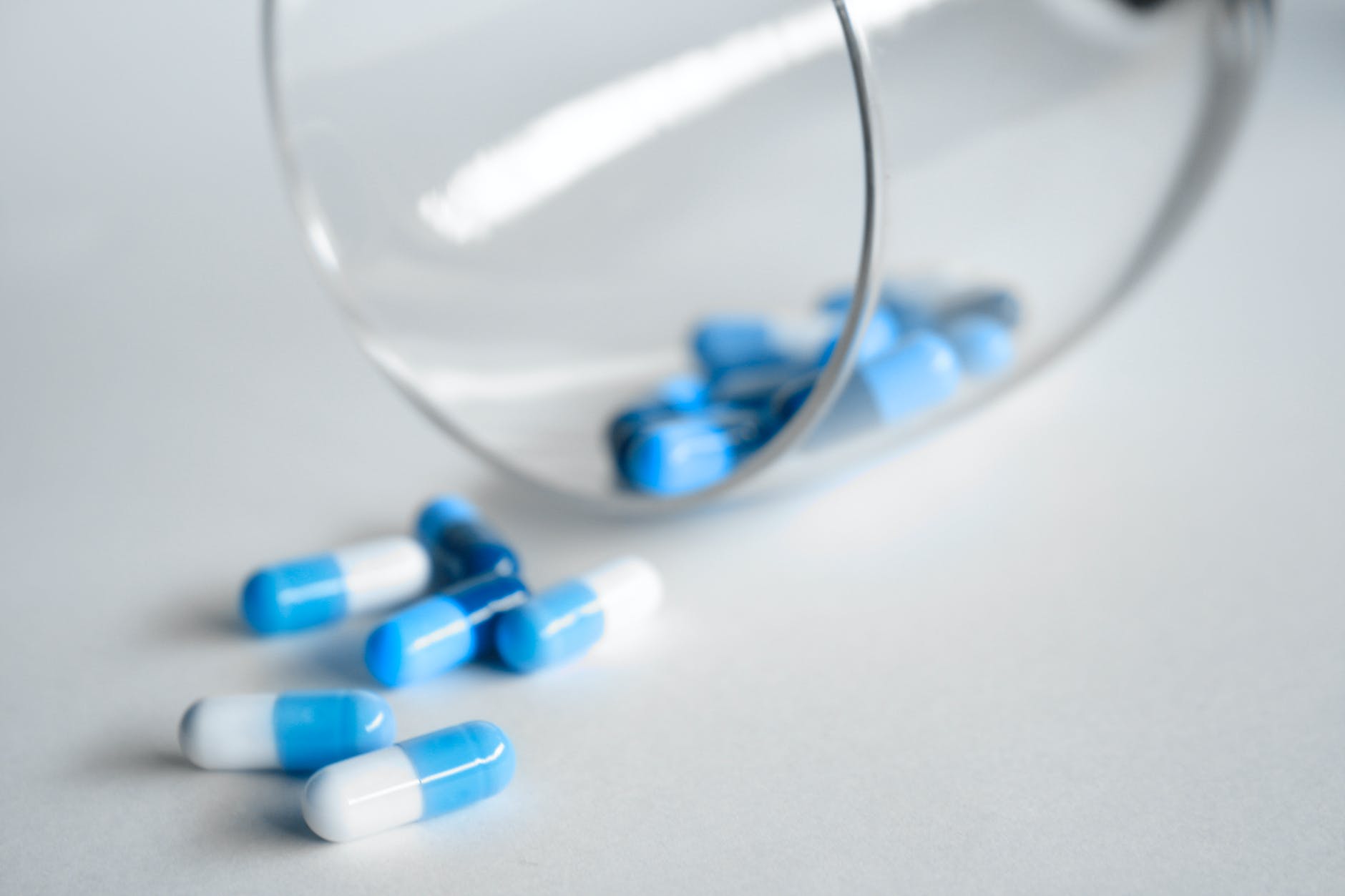Dangers of Prescription Drug Addiction: A Comprehensive Guide


Dangers of Prescription Drug Addiction: A Comprehensive Guide
Prescription drug addiction is a growing concern in today's society. As more and more individuals rely on medications to manage various health conditions, the risk of developing an addiction to these drugs becomes increasingly significant. In this article, Dangers of Prescription Drug Addiction: A Comprehensive Guide, we will delve deep into the dangers of prescription drug addiction, exploring its causes, consequences, and potential solutions. Our aim is to provide you with a comprehensive guide that will not only raise awareness but also help you make informed decisions regarding prescription drug usage. So, let's dive in!
Understanding Prescription Drug Addiction
Prescription drug addiction occurs when an individual becomes dependent on a medication that was originally prescribed to them for legitimate medical purposes. It's crucial to note that addiction can affect anyone, regardless of age, gender, or background. The addictive nature of certain prescription drugs, combined with factors such as prolonged use, dosage adjustments, and misuse, can significantly increase the risk of developing an addiction.
Commonly Abused Prescription Drugs
- Opioids: Opioid painkillers, such as oxycodone and hydrocodone, are commonly prescribed to manage severe pain. However, their highly addictive properties make them susceptible to abuse and misuse.
- Benzodiazepines: Benzodiazepines, such as Xanax and Valium, are prescribed to treat anxiety and sleep disorders. Prolonged use or misuse of these drugs can lead to dependence and addiction.
- Stimulants: Stimulant medications like Adderall and Ritalin are prescribed for conditions like attention deficit hyperactivity disorder (ADHD). However, individuals may misuse these drugs for their stimulating effects, leading to addiction.
The Consequences of Prescription Drug Addiction
Prescription drug addiction can have severe consequences on an individual's physical, mental, and social well-being. Here are some of the key consequences associated with this form of addiction:
Physical Effects
- Increased Tolerance: Over time, individuals may develop a tolerance to the drug, requiring higher doses to achieve the desired effects. This escalation can lead to dangerous health complications.
- Withdrawal Symptoms: When a person tries to quit or reduce their drug use, they may experience withdrawal symptoms such as nausea, tremors, insomnia, and even seizures. These symptoms can be extremely distressing and can hinder the recovery process.
Mental and Emotional Effects
- Impaired Cognitive Function: Prescription drug addiction can significantly impact cognitive abilities, leading to difficulties with memory, attention, and decision-making.
- Mood Disorders: Prolonged drug abuse can contribute to the development of mood disorders such as depression and anxiety, further exacerbating the individual's overall well-being.
- Strained Relationships: Addiction can strain relationships with family, friends, and colleagues due to changes in behavior, trust issues, and financial instability.
- Legal Issues: Engaging in illegal activities to obtain prescription drugs or the misuse of prescribed medications can lead to legal troubles and a tarnished reputation.
Seeking Help and Treatment Options
Acknowledging and addressing prescription drug addiction is the first step towards recovery. Here are some treatment options available for individuals struggling with addiction:
1. Medically Supervised Detoxification
A medically supervised detoxification process can help individuals safely manage withdrawal symptoms while under professional care. This crucial step prepares them for further treatment.
2. Inpatient Rehabilitation Programs
Inpatient rehabilitation programs provide a structured and supportive environment for individuals seeking to overcome prescription drug addiction. These programs typically involve a combination of therapy, counseling, and educational sessions.
3. Outpatient Programs
Outpatient programs offer flexibility to individuals who wish to receive treatment while still maintaining their daily routines. These programs often include therapy sessions, support groups, and regular check-ins with healthcare professionals.
4. Support Groups
Support groups, such as Narcotics Anonymous (NA), provide individuals with a platform to share their experiences, gain support from others facing similar challenges, and receive guidance throughout their recovery journey.
Prevention and Education
Prevention is key when it comes to prescription drug addiction. Educating oneself and others about the potential dangers can help reduce the risk of addiction. Here are some preventive measures to consider:
- Open Communication: Maintain open and honest communication with your healthcare provider about your medical history, concerns, and any previous history of substance abuse.
- Follow Prescribed Guidelines: Adhere to your healthcare provider's instructions regarding the dosage, duration, and frequency of medication use. Never exceed the prescribed amount or share medications with others.
- Proper Medication Disposal: Dispose of unused or expired medications safely to prevent misuse. Utilize designated drop-off locations or follow recommended disposal methods.
- Regular Check-ins: Schedule regular follow-up appointments with your healthcare provider to monitor the effectiveness of the prescribed medication and address any concerns promptly.
Conclusion
Prescription drug addiction is a serious issue that requires attention, understanding, and comprehensive solutions. By recognizing the dangers associated with prescription drug abuse, seeking help when needed, and promoting education and prevention, we can work together to combat this growing problem. Remember, recovery is possible, and there is support available for those who need it. https://diabetescure4u.com/


